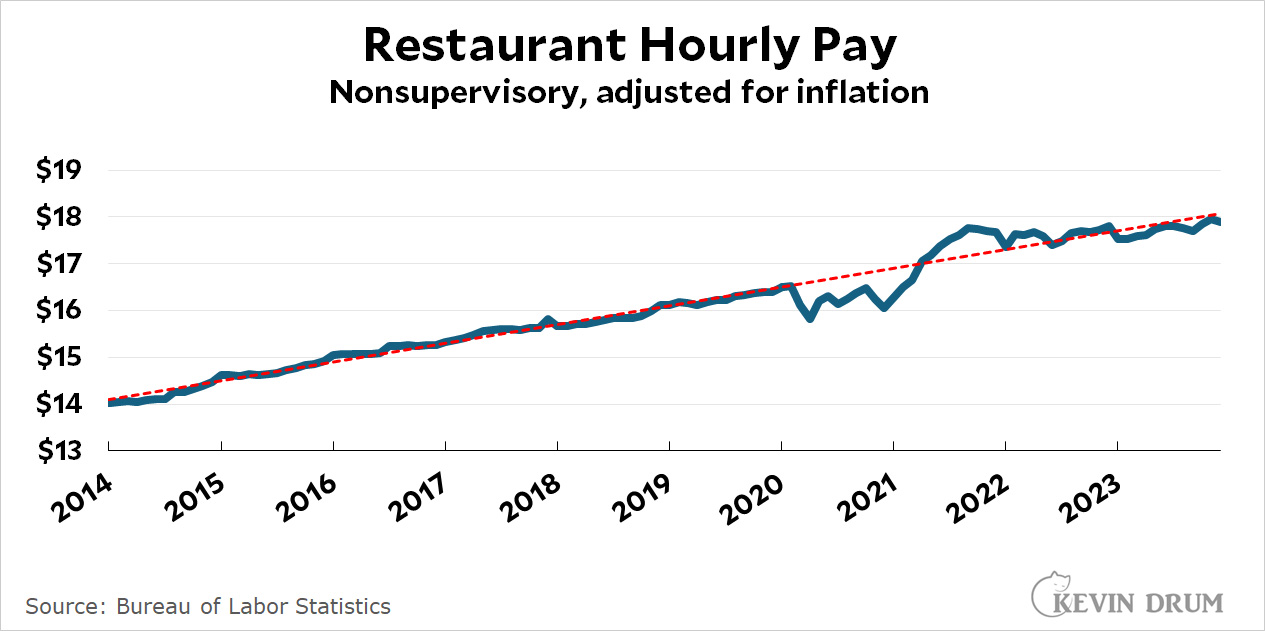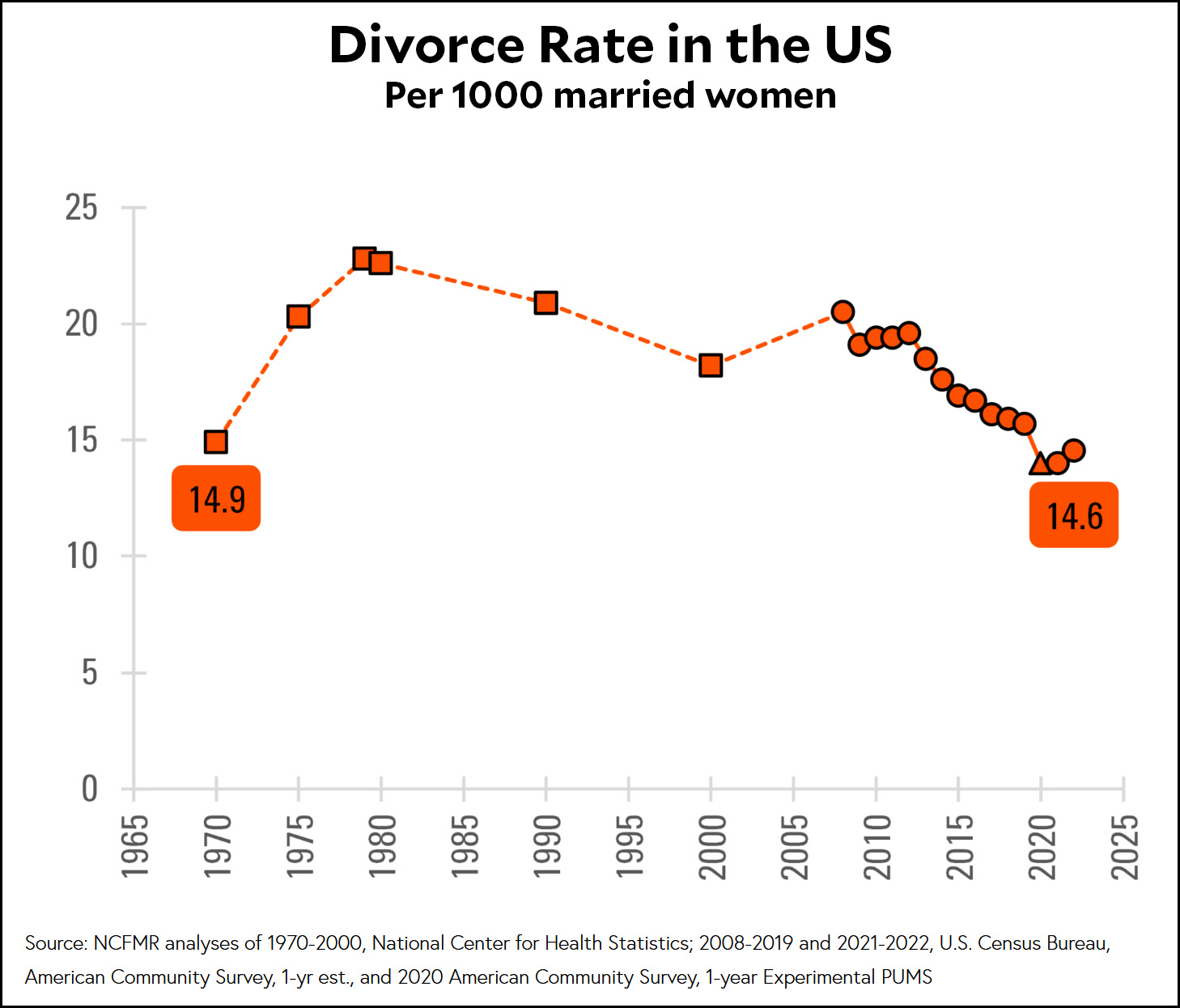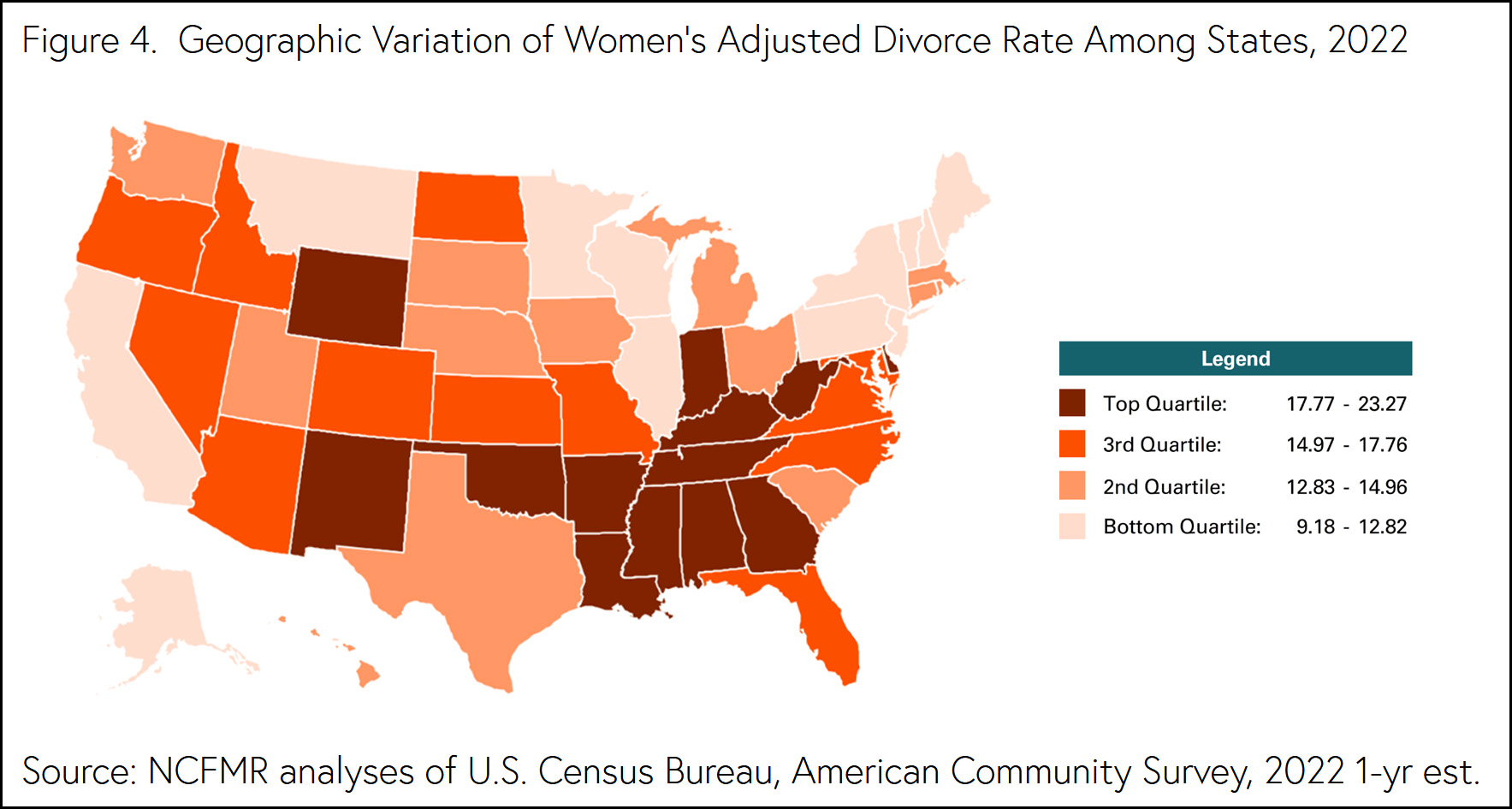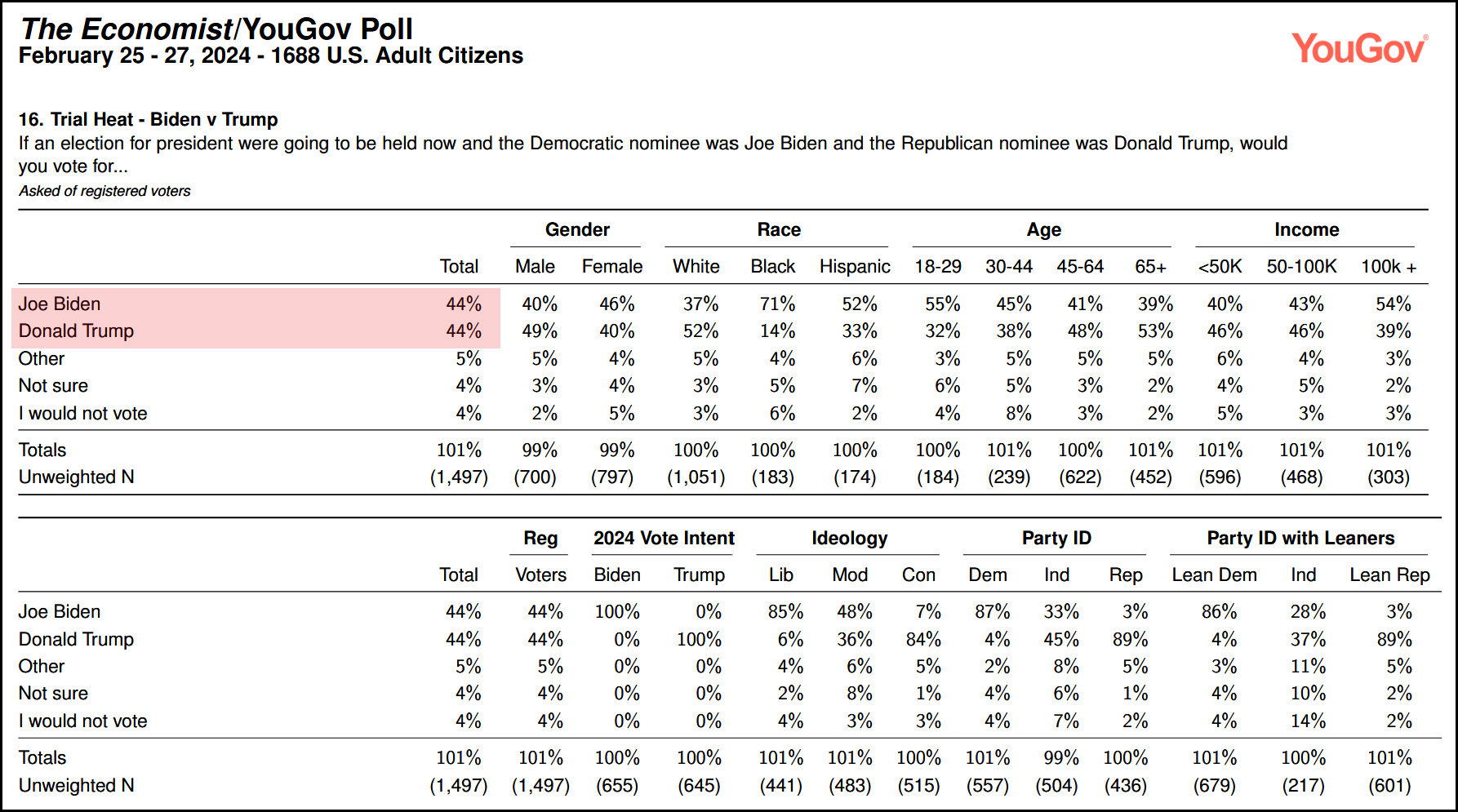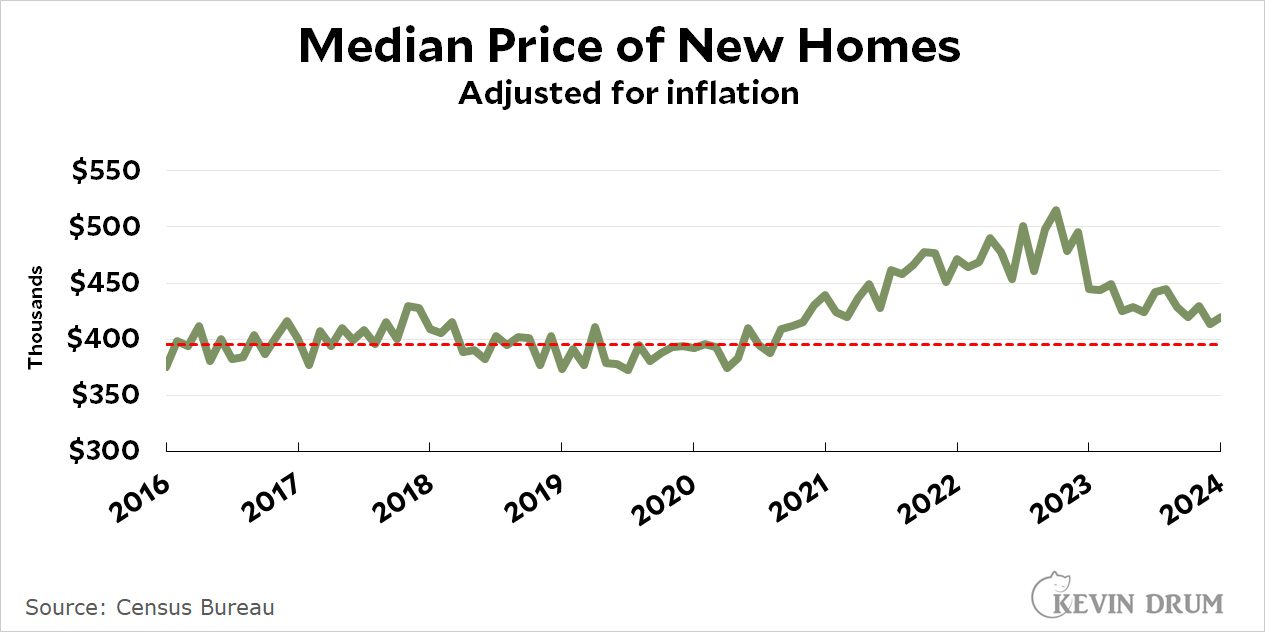The Wall Street Journal reports today that teacher turnover is up. They base this on data from ten states. Why only ten?
National teacher exit data is released only sporadically, and many states don’t produce timely figures. But the Journal obtained information from 10 states, the most comprehensive recent compilation, that shows turnover typically followed a postpandemic pattern: a drop in the summer of 2020, followed by a spike in 2022.
This is a very odd thing to say. States may issue official exit data "sporadically," but the JOLTS survey produces data every month. This data isn't perfect since it encompasses both K-12 and higher education, but 75% of this is K-12 so it's still pretty suggestive:
 Separations have been slowly rising since 2010 thanks to retirements among baby boomers. But surprise! For the past two years separations have been going down.
Separations have been slowly rising since 2010 thanks to retirements among baby boomers. But surprise! For the past two years separations have been going down.
As usual, when you look at national data there's little evidence that teachers are quitting in great numbers or that schools can't fill their positions. There are specific areas that might have problems, but overall things are pretty normal.

